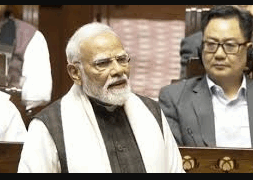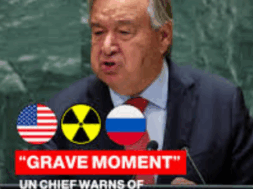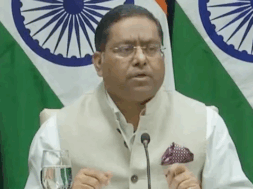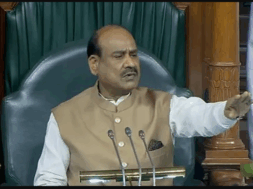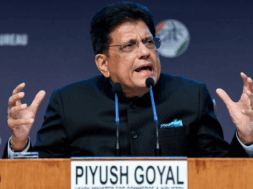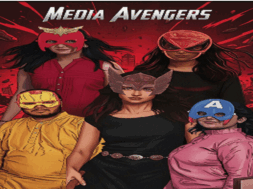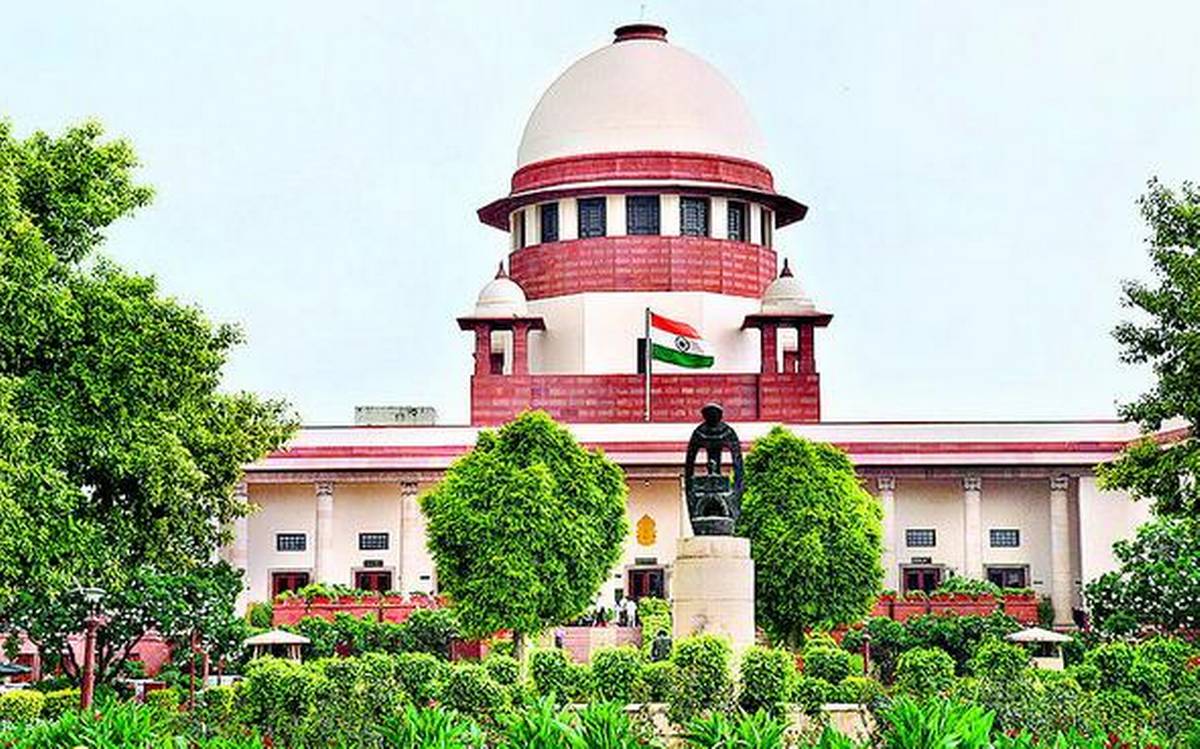
Manas Dasgupta
NEW DELHI, July 5: The central government on Monday received a dressing down from the Supreme Court for freely using a section of the Information Technology Act that was struck down by the apex court way back in 2015.
In another case, the Supreme Court refused to entertain a Public Interest Litigation demanding a probe by the National Investigation Agency into the Congress “toolkit” case and cancellation of the registration of the Indian National Congress if the allegations of the party involved in “anti-national acts” proved correct. Instead, the apex court said the time had come when the court must take actions against such frivolous PILs.
Coming down heavily on the union government over people still being booked under Section 66A of the Information Technology Act, the Supreme Court described the actions as “amazing and shocking” considering that the Section 66A was struck down by the top court in March, 2015.
“Don’t you think this is amazing and shocking? Shreya Singhal judgment is of 2015. It’s really shocking. What is going on is terrible,” a bench, comprising Supreme Court Justice RF Nariman, Justice KM Joseph and Justice BR Gavai, told senior advocate Sanjay Parikh, who appeared for NGO People’s Union for Civil Liberties (PUCL). The Supreme Court, which was hearing an application filed by PUCL, issued a notice to the Centre and listed the matter for hearing after two weeks.
Appearing for the central government, attorney general KK Venugopal sought to explain why Section 66A was still being used despite being scrapped. “On perusal of the IT act, it can be seen that Section 66A features in it but in the footnote, it is written that the section has been scrapped. So, now when a police officer has to register a case, he sees the section and registers the case without going through the footnote,” Venugopal said. On a possible solution, he said what can be done is placing a bracket after Section 66A mentioning it has been scrapped and put the entire extract of the verdict in the footnote.
PUCL said in its application in the Supreme Court that despite the court’s February 2019 order, the section continues to be used in police stations as well as in trial courts across the country. On February 15, 2019, the top court directed all state governments to sensitise their police personnel about the March 24, 2015, judgement.
In 2012, law student Shreya Singhal filed the first PIL in the Supreme Court on the misuse of Section 66A. The PIL was filed following arrests of two girls in Maharashtra who objected to a bandh called in Mumbai by the Shiv Sena after the demise of its founder Bal Thackeray. While one was arrested for posting a Facebook post against the bandh call, the other was held for “liking” it.
Under Section 66A, a person posting “offensive” messages faces imprisonment for up to three years as well as a fine.
Meanwhile, a bench of justices DY Chandrachud and M R Shah while refusing to entertain a PIL against the Congress “toolkit” case pointing out that a criminal investigation was already in progress into the case said the time had come to take action about the frivolous petitions filed in court.
The court said if the petitioner did not like the toolkit, “then do not look, ignore it… this is a propaganda of a political party.”
Expressing displeasure over the petition, Justice DY Chandrachud said such frivolous petitions “cannot be heard”. “The time has come that the Supreme Court does something about such petitions,” he added.
Advocate Shashank Shekhar Jha, who was representing the petitioner, said even the use of the term “Indian variant” for the Coronavirus mutant was a matter of propaganda. Singapore, he said, has taken objection to use of terms like “Singapore variant”.
“India is a democracy, you know?” Justice Chandrachud responded, questioning if a court can ever control the various forms of political propaganda.
Justice MR Shah added that a criminal investigation was already pending in the ‘toolkit’ matter and said the petitioner ought to avail remedies other than Article 32 which involved the right to move the Supreme Court for enforcement of other rights.
The bench noted that directions could not be issued under Article 32, as a general, umbrella petition could not be maintained under it.


